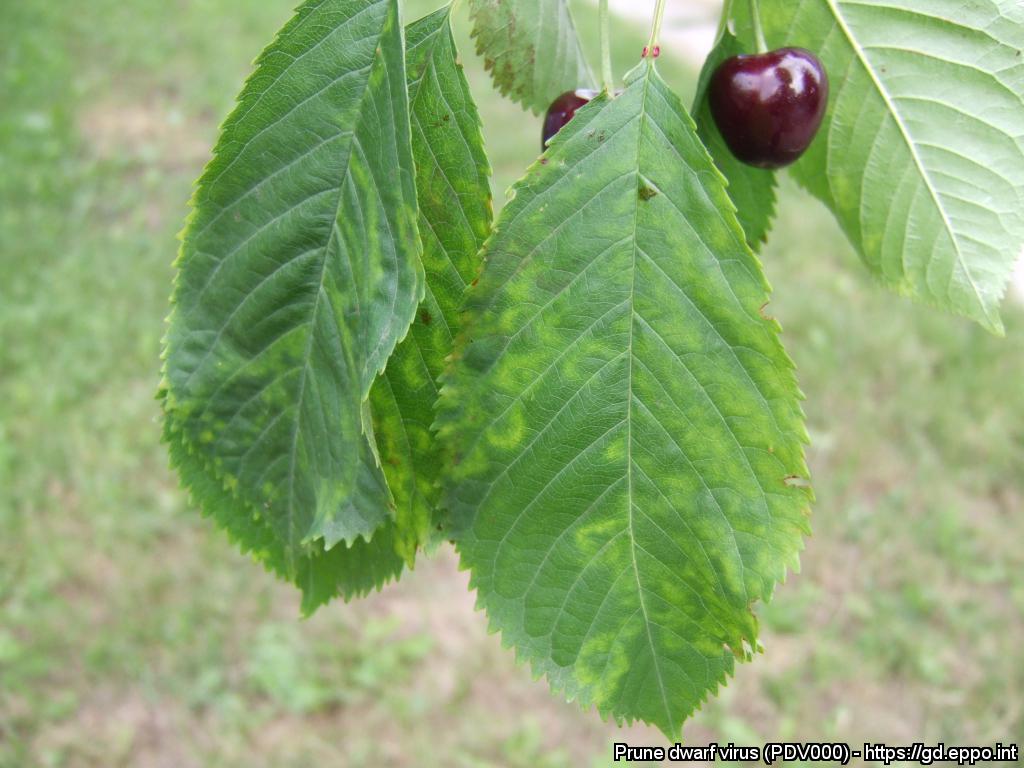Drosophila suzukii is one of the main pests affecting agriculture at an international level. Chile was invaded by this pest in 2017, and since 2019, it has no longer held any quarantine status, meaning it has become part of the Chilean entomofauna.
Characteristics of the pest
Luis Devotto, an entomologist and researcher at INIA Quilamapu, told Mundoagro that "this pest is highly damaging because it is extremely polyphagous (attacking more than 200 fruit species), has a very short life cycle (15 days), is extremely prolific (each female lays 300 eggs), and moves over long distances.
Moreover, the pest takes advantage of the lack of coordination between different territories."
Management strategies
For this reason, INIA is promoting various management tools, as the response to the pest varies depending on the fruit species and the segment of producers involved.
According to Devotto, a customized approach is necessary for each combination. In this context, efforts have been made to increase the availability of insecticides against the pest through official tests conducted at their experimental stations (recognized by SAG), aimed at obtaining SAG registration for the tested insecticides.
Geographical spread of the pest
Discussing the pest’s spread over time, the entomologist explained that it initially expanded into the regions of La Araucanía, Los Ríos, and Los Lagos.
"Today, it is well established between Valparaíso and Los Lagos, with a smaller presence in Aysén, Coquimbo, Atacama, and Tarapacá. At the same time, in the areas where it is established, pressure is not uniform across all regions. Valparaíso, Metropolitana, and O’Higgins are generally low-pressure areas. Maule, Ñuble, Biobío, Araucanía, Los Ríos, and Los Lagos, on the other hand, are regions with constant high pressure."
Challenges in Control
He then emphasized that "the main challenge is to control the pest without exceeding insecticide residue limits on Chilean fruit.
To achieve this goal, it is essential to address the issue on a regional scale, rather than the current approach, where each producer manages the problem only within their own farm."
Biological control and new technologies
Regarding biological control using microorganisms, INIA has explored the south-central region of Chile in search of insects that feed on drosophilids, identifying five species.
"After several laboratory tests, one of these species was selected for field evaluation. The trials began in Maule in December 2024 and will conclude in February 2025," explained Devotto.
The researcher also stated that "regarding biological control with microorganisms, INIA has collaborated with three private companies to bring these biopesticides to the market and make them available for producers.
In the near future, INIA aims for every affected producer to receive a personalized message on their mobile phone with variable recommendations depending on their location and the fruit they grow.
This achievement was made possible through the use of artificial intelligence, and the project has been submitted to the FIA for evaluation."
Source: Mundoagro
Cherry Times - All rights reserved










